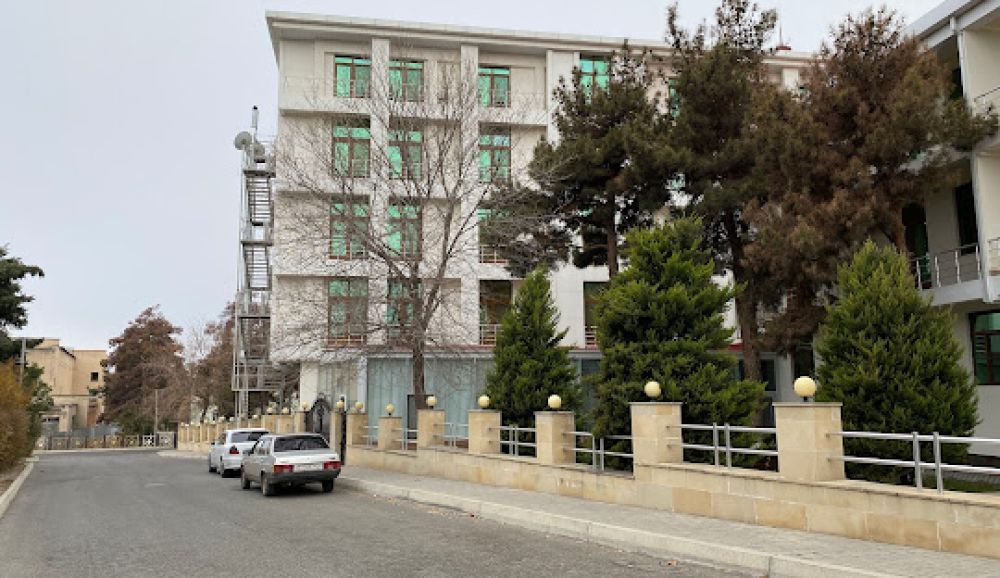

The city of Naftalan, located in Azerbaijan, is famed for its unique type of oil with therapeutic properties. This oil, also known as Naftalan oil, has a rich history that dates back to the times of Marco Polo and even earlier. Throughout the centuries, it has been known for its purported healing qualities, especially for skin diseases and musculoskeletal conditions.
The discovery of Naftalan's therapeutic oil is believed to have occurred more than a millennia ago when caravans traveling the Silk Road noticed animals with skin afflictions were cured after rolling in the region’s oil-rich land. Historical accounts suggest that by the 6th century, inhabitants were using Naftalan oil for lamp fuel, waterproofing of ships, and medicinal purposes. However, it wasn't until the 19th century that Naftalan began to gain fame as a health destination.
In the early 20th century, with the onset of modern medicinal practices, the properties of Naftalan oil were studied and commercialized. The first scientific research on Naftalan's oil was carried out by Russian scientist Evgeniy Gorchakov in 1926, confirming its therapeutic benefits and leading to the establishment of the first resort that same year.
The growth of the health resort tourism in Naftalan was evident when people from various parts of the Soviet Union began visiting to seek treatment for their ailments. Through the 20th century, the city saw the construction of several sanatoriums and health facilities designed to accommodate the influx of health tourists. The oil baths and other treatments offered became popular among those seeking alternative therapies.
After Azerbaijan regained its independence following the collapse of the Soviet Union in 1991, Naftalan had to rebuild its reputation. The city and its oil industry were affected by the Nagorno-Karabakh conflict; however, the ceasefire in 1994 paved the way for the redevelopment of tourism in Naftalan.
In recent years, Naftalan's tourism industry has been revitalized, with the government and private sector investing in modern health resorts, spa centers, and hotels. Today, the city offers a unique blend of traditional oil treatments and modern medical practices, attracting visitors from around the world.
The latest tourism trend in Naftalen focuses on holistic health and wellness, combining Naftalan's unique oil treatments with physical therapy, hydrotherapy, and various relaxation techniques. The treatments are not only aimed at those with specific health issues but also at tourists looking for a unique wellness experience.
With advancements in marketing, transport, and the hospitality sector, Naftalan is positioning itself as a niche destination for medical and health tourism within the Caucasus region. Its increasingly diverse array of services and amenities promises growth and a steady influx of tourists seeking out this "black gold" for its legendary healing properties.